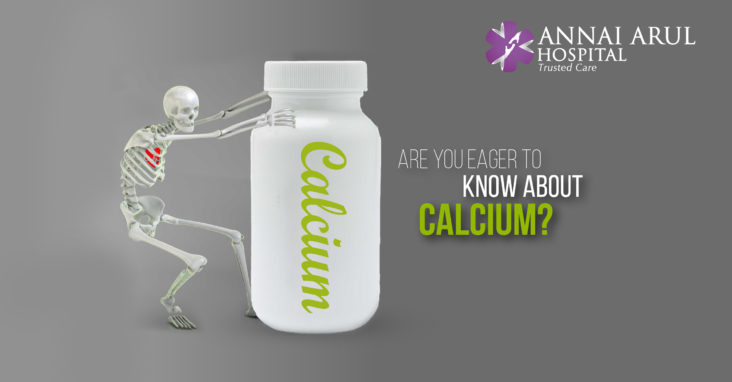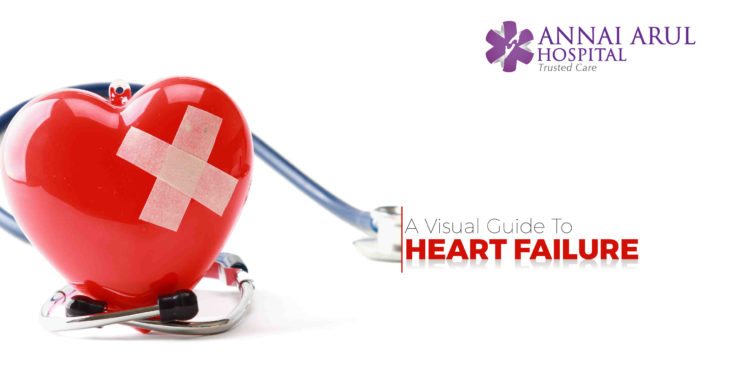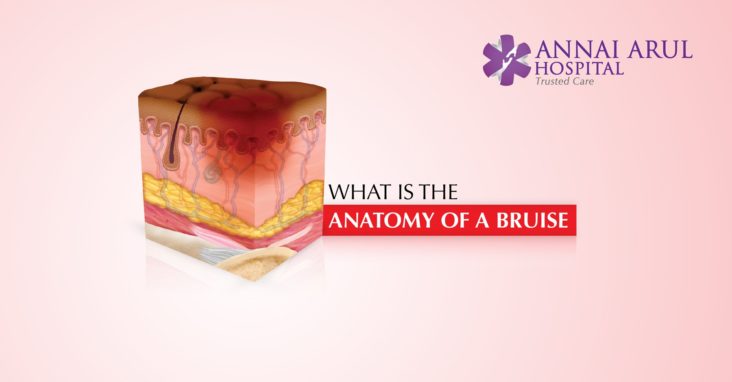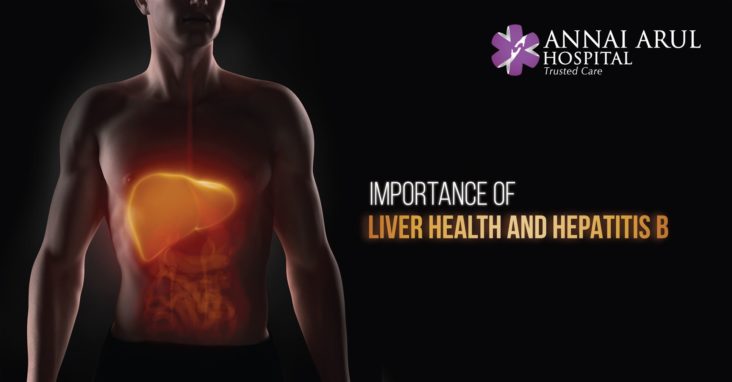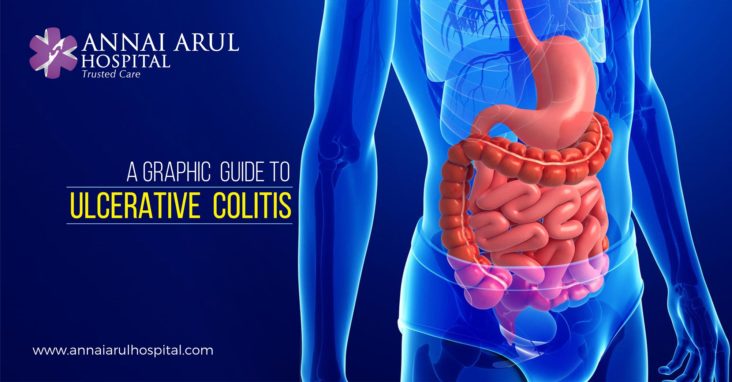How often have you heard mothers telling their kids to drink milk and get strong? You must have felt that they are kidding, but mothers are always right. Dairy is high in calcium but vegetables like cabbage, greens and broccoli are also good sources of calcium. Another food rich in calcium is fish like sardines and salmon. If you don’t get enough of calcium then there is a risk of osteoporosis, a disease that makes your bones weaker.
Pregnancy
During pregnancy the baby needs a lot of calcium to grow its bones and develop into a healthy baby. So it is really important to supply the baby enough calcium atleast during the important last 3 months of pregnancy. If you don’t take enough calcium yourself, then the baby will get its supply from your bones, making you weak. So, eat calcium rich food during pregnancy or ask your doctor for calcium supplements.
Kidney Stones & Calcium
It is well known that kidney stone are mostly made of a mineral called calcium oxalate. But it has never been established that cutting out calcium from your diet will prevent kidney stone formation. Actually taking too little nutrients and having too much of fluids can form kidney stones. It is always better to get enough of calcium and not too much or too little.
Calcium Foods
Yogurt wins over other dairy products like low-fat milk when it comes to amount of calcium in it. An 8 ounce cup of yogurt will give meet a third of your daily calcium need easily. Orange juice and milk made of almonds, rice and soy with nutrients added to them are excellent source of calcium. Always shake the container before pouring your drink, because calcium has a tendency to settle at the bottom of your glass or container.
Who need more calcium?
For that matter everyone needs a certain amount of calcium. We may think that babies and young children need more calcium but the truth is that children and teens in the age group of 9 – 18 years need most of the calcium. Preteens and teenagers have fast growth and so their bones also grow faster and hence they need at least 1300 milligrams a day. If they have 2 cups of milk, 1 cup of orange juice and 1 cup of yogurt then they will receive the required amount of calcium. Adults on the other hand need a little less at around 1000 milligrams per day.
Losing Calcium Everyday
Calcium is mostly concentrated in your bones and teeth. But daily there is a loss of calcium through our skin, sweat, hair and more. Since your body cannot make calcium on its own it is upto us to have a diet rich in calcium or if you feel it is difficult to get the calcium you need through diet alone then you can always ask your doctor to prescribe some calcium supplements.
Calcium for our Body
Body requires certain minerals to keep it intact and calcium keeps the bones healthy. You need to move your muscles and help nerves carry messages between the brain and the body parts. Calcium also helps in moving blood through blood vessels to different parts of the body. Calcium also helps in releasing hormones as well as proteins in the body.
Calcium Absorption
You need to have enough of Vitamin D in your body to enable calcium absorption, since the two nutrients are partners. Your body cannot absorb calcium without vitamin D, which you can get from exposure to sunlight and from food supplements. Foods like fatty fish – tuna and salmon are good sources of vitamin D.
————————————————————————————————————————————–


